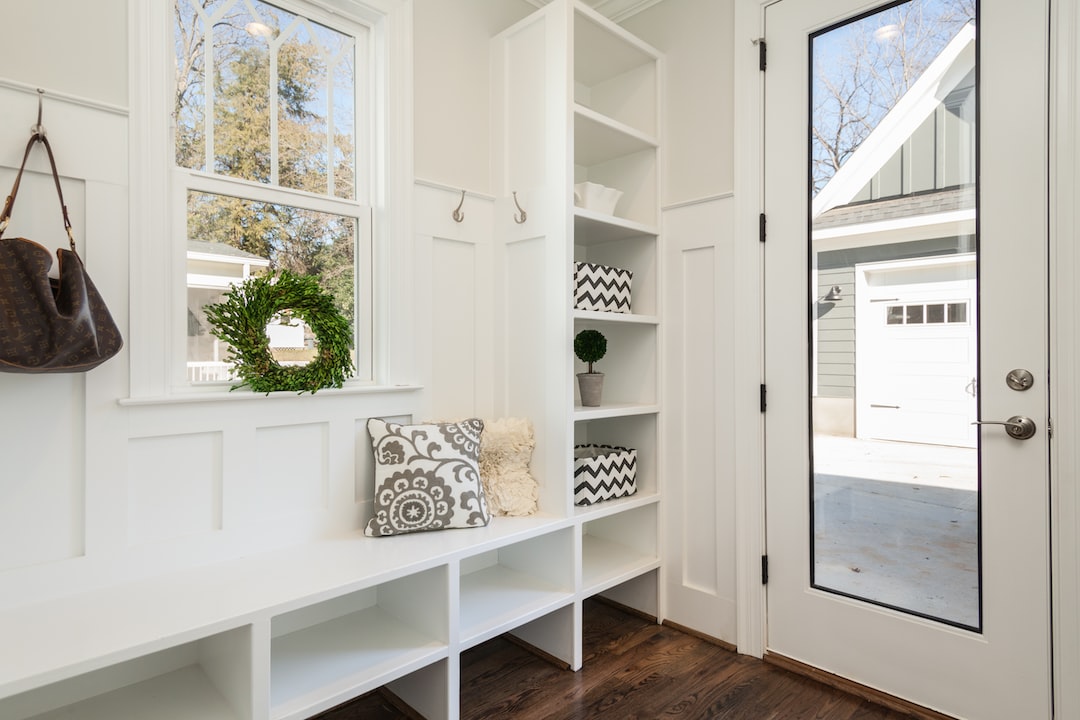Tips for Downsizing Your Home in Retirement
Retirement is often considered a new chapter in life, filled with relaxation, freedom, and the chance to pursue personal interests and hobbies. One important aspect of this new phase is downsizing your home. The idea of moving to a smaller space can be daunting, but with careful planning and taking the right steps, downsizing can actually bring numerous benefits and enhance your retirement lifestyle. In this blog post, we will discuss some helpful tips for downsizing your home in retirement.
1. Start Early and Declutter:
One of the first steps when downsizing your home is to start early and declutter your belongings. Over the years, we accumulate a staggering amount of possessions, many of which we may not even use or need. Take the time to go through every room, closet, and drawer, and sort items into categories such as keep, donate, sell, or discard. This process will help you determine what truly matters to you and what can be let go. Donating or selling items can not only provide a fresh start but also help others in need.
2. Analyze Your Lifestyle:
Before moving to a smaller home, it’s vital to analyze your lifestyle and determine what your post-retirement activities will involve. If you plan on traveling frequently or spending extended periods of time away, a low-maintenance property such as a condominium or townhouse might be ideal. On the other hand, if you prefer gardening or hosting family gatherings, you might consider a smaller house with a manageable yard. Understanding your needs and desires will help you make an informed decision regarding the ideal size and type of home.
3. Measure Your New Space:
Once you’ve chosen a potential new home or property, make sure to measure the space and compare it to your current living arrangements. It is crucial to ensure that your existing furniture, appliances, and other belongings will fit comfortably within the new space. Keep in mind that downsizing may require sacrificing some items or opting for multifunctional furniture pieces that can maximize storage and utility.
4. Seek Professional Guidance:
Downsizing is a process that often involves legal and financial considerations, so seeking professional guidance can be extremely beneficial. Speak with a financial advisor or retirement expert to assess your financial situation and understand the possible implications of downsizing. Additionally, consult with a real estate agent who specializes in downsizing to ensure you find the best value for your money and negotiate a favorable deal.
5. Consider Storage Options:
If you’re unable to part with certain sentimental or seasonal items, consider using storage facilities to keep them safe. Renting a storage unit can be a practical solution that allows you to declutter while preserving sentimental items or things you might need in the future. However, it’s important not to rely too heavily on storage as it can become a burden over time, both financially and mentally. Evaluate your actual needs and determine if the items are truly worth preserving.
6. Take Your Time:
Downsizing is not a process that should be rushed. It’s important to take your time, carefully plan each step, and approach the transition with a positive mindset. Allow yourself the opportunity to adjust emotionally, since letting go of possessions can be difficult for many. Remember that downsizing is ultimately about simplifying your life and creating a living space that supports and enhances your retirement lifestyle.
7. Embrace the Benefits:
Finally, as you downsize your home, it’s important to embrace the benefits that come with it. Moving to a smaller space can lead to reduced expenses and maintenance, allowing you to allocate resources towards your hobbies, travel, or other enjoyable activities. Additionally, downsizing can often result in a stronger sense of community, as many retirees choose to move to active adult communities or downsizing neighborhoods, where they have opportunities to interact with like-minded individuals and participate in shared activities.
In conclusion, downsizing your home in retirement can be a rewarding experience that brings numerous benefits to your lifestyle. By starting early, decluttering, analyzing your needs, seeking professional guidance, and approaching the process with a positive mindset, you can successfully navigate the transition to a smaller home. Embrace the new opportunities that come with downsizing, and look forward to enjoying a more simplified and fulfilling retirement.

